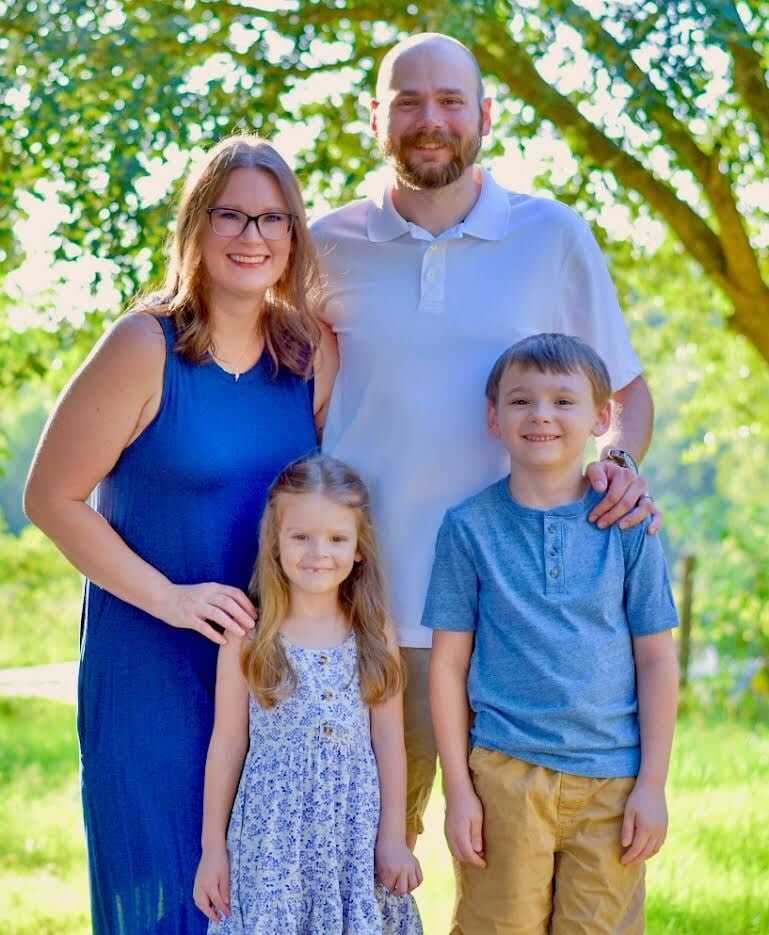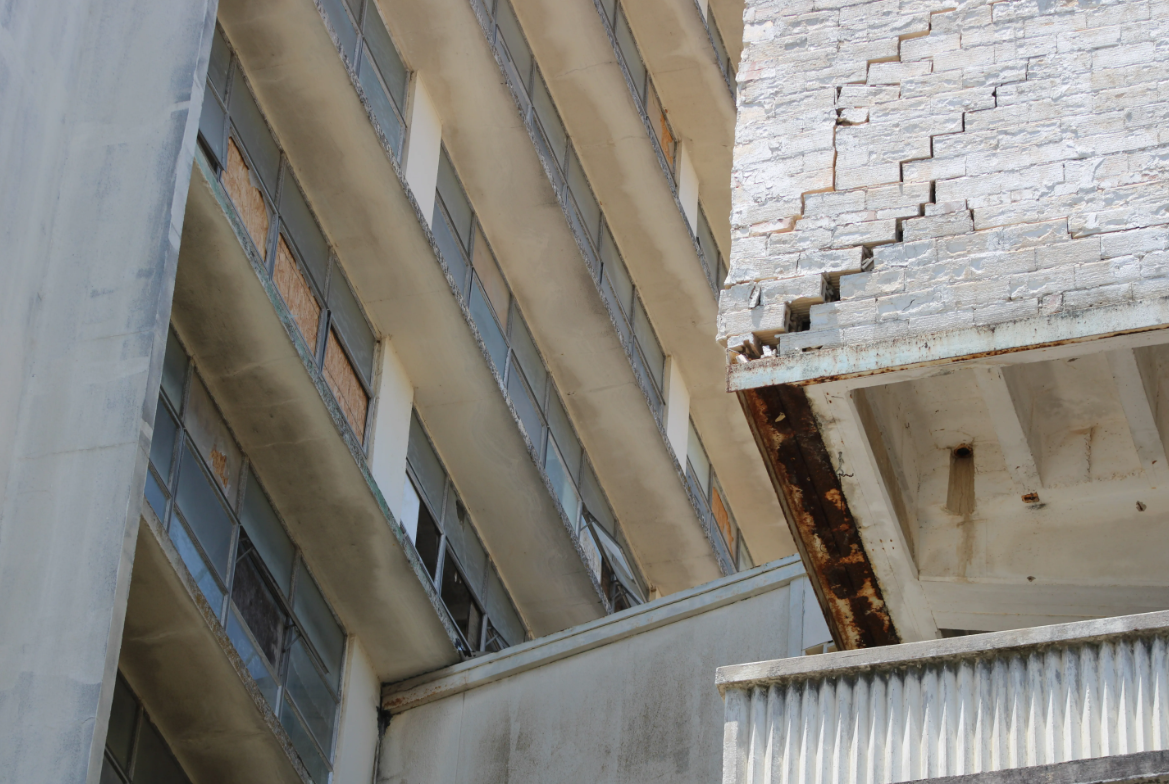States must stay out of home schooling
Published 8:32 pm Wednesday, October 8, 2014
There’s a disturbing report out of Connecticut about the state’s response to the tragedy at Sandy Hook Elementary School last year.
The Sandy Hook Advisory Committee has issued an interim report, and one of its recommendations targets home schooling.
Trending
“The panel has determined that among the things that went wrong in the run-up to that tragedy was that the killer, Adam Lanza, was home-schooled briefly as a teenager,” reports Matthew Hennessey for City Journal. “They are recommending that the state give local officials approval power over parents who wish to homeschool children with social, behavioral and emotional challenges.”
That has some parents and education policy experts worried.
“Adam Lanza was the product of madness, but he also was very much a product of the public schools and their allied institutions,” writes Kevin D. Williamson for National Review. “He was briefly — very briefly — home-schooled after his parents had exhausted every other option. His mental troubles began long before he was home-schooled and were in fact well known to and documented by the various credentialed authorities under whose management he spent his youth, from his kindergarten therapists to the scholars at Yale’s Child Study Center. Far from being removed from the public system, Lanza was still attending student club meetings at Newtown’s high school just before the horrific events at Sandy Hook Elementary School.”
That interim study makes several expected recommendations — measures that wouldn’t have done anything to prevent the tragedy.
These include “mandatory background checks on the sale or transfer of any firearm, including long guns, at private sales and sales at gun shows,” and “requiring the renewal of firearms permits on a regular basis.” The guns Adam Lanza used were properly registered — to his mother.
It’s really the home-schooling recommendations that are controversial.
Trending
“Inherent in the draft recommendations is the commission’s belief that government and state institutions have — and should have — the ability to shape social outcomes,” Hennessey reports. “Such a broad mandate to foster mental and emotional wellness may be necessary inside the complex social ecosystem of a public school, where parents voluntarily send their children. But empowering a local school district to reach inside families and execute programs of social and emotional learning — perhaps against the will of parents — is unambiguously a violation of the right to home-school as expressed by Connecticut’s education laws. More than that, though, it’s a call for a radical restructuring of the traditional relationship between children, their families, and the state.”
Home-schooling laws in Texas are unequivocal, and Connecticut seems a world away from Texas.
But remember, that committee is reacting to an unthinkable tragedy.
“Of course, no one wants another Newtown,” Hennessey concludes. “It’s understandable that Connecticut residents would demand answers. But lost in the commission’s analysis is a disruptive fact: the Newtown school system did not have to scan the horizon for Lanza. He was well-known to them and his parents all but begged for help. It didn’t come, in part because it couldn’t. There are limits to what the state can do.”
States must stay out of home schooling.








